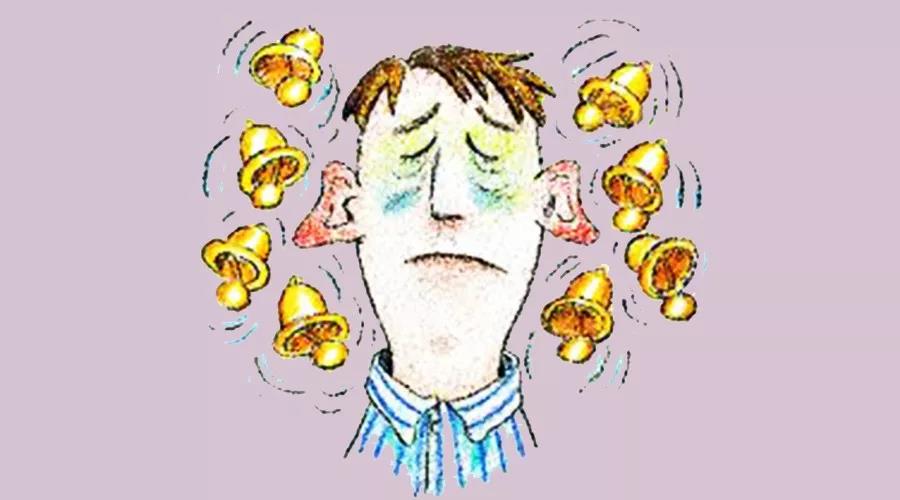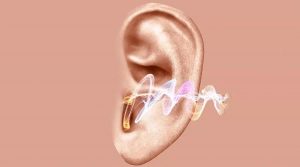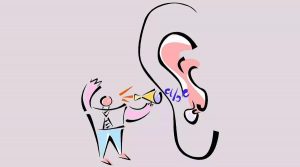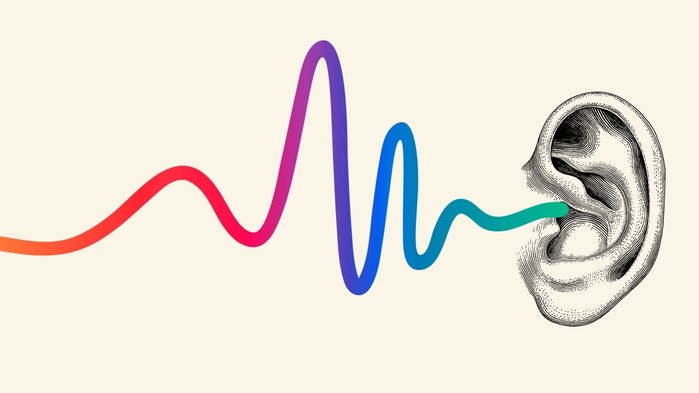
Is tinnitus heard in the ears?
Is the buzzing in my head tinnitus?
Do you hear “singing” or “talking” as tinnitus?
…
Tinnitus is only true if both conditions are met.
Tinnitus is arguably one of the most difficult otological symptoms to treat.
For people who are deeply troubled by tinnitus, tinnitus can affect daily work, study, and life, and it can also cause anxiety, depression, and even light life .
The reason why tinnitus is difficult to treat is that the cause of the onset is unknown, and most of it is a purely subjective feeling, that is, only the patient can “hear” the sound, and there is no objective means to detect the subjective tinnitus. does it exist.
The complexity of the symptoms of tinnitus can be seen.
Not really tinnitus?
However, due to its complexity, sometimes patients tell their fitter or doctor that they have tinnitus that is not real tinnitus.
It may just be that the ears have some uncomfortable feelings , such as bloating and stuffiness, and you do n’t know what it is, so you see the word “tinnitus” on the Internet and you do n’t know what it means. “Tinnitus” is said to be tinnitus when speaking to a fitter or doctor.
At this point, if the fitter or doctor didn’t ask further and acquiesced to tinnitus, the patient may think that he is really tinnitus.
How to judge tinnitus?
So, how to determine the patient called ” tinnitus ” is not really tinnitus it?
This requires judging by the definition of tinnitus .
Tinnitus is the sound perceived when there is no external sound source . Therefore, when confirming tinnitus, you must meet the two conditions defined by tinnitus. One is the perception of sound, and the other is the absence of external sound source .
Only when these two conditions are met at the same time can we judge whether there is really tinnitus.
1. Perceived sound
Patients with tinnitus must be patients who perceive or hear a certain sound . If they do not feel the sound, then it must not be tinnitus.
Suggestions can ask the following questions about suspected tinnitus:
1) “Can I hear sound in a quiet environment?”
2) “What does it sound like?”
3) “Where do you hear the sound? In the ears, in the head …”
If the answer to question 1) is yes
Question 2) concerns the characteristics of tinnitus sounds .
Tinnitus sounds are monotonous and meaningless . They can be cicadas, breeches, running water, currents, rustling, buzzing, snoring, etc. Most of them are one kind of sound, and some are two or Many sounds, but mostly one sound .
Studies have shown that the tones of tinnitus are mostly dominated by high-frequency tones, followed by intermediate-frequency tones, and low-frequency tones.
note:
If the patient described that the sound heard was a meaningful sound such as singing or talking, it was not tinnitus, but hallucination.
In addition, clinically significant tinnitus sounds are mostly continuous sounds, lasting for at least more than 5 minutes, and most of the short “one-pass” sounds have no clinical significance .
I believe that many people have heard a sudden “squeak” in their ears when they are relatively tired, which is short and can be ignored. This kind of ringing is not the actual tinnitus mentioned in the article.
Question 3) relates to where the tinnitus occurs .
Tinnitus sounds can appear in the ears, the skull, the surface of the skull, and around the body. Of these , the most common in the ears is also called “brain ringing” or “cranium ringing.”
2 , there is no external sound source
Patients who hear one or more sounds are not sure that it is tinnitus. It is necessary to further determine the source of the sound .
So in question 1) above, the emphasis is on whether sound can be heard in a quiet environment . In a quiet environment, there is no other sound source, and you can still hear sound, so it can be judged as tinnitus.
note:
If the patient can hear tinnitus only in a certain environment (such as electric current, snoring), special attention needs to be paid to exclude false tinnitus . It may be that there is a sound source of this noise in the environment, which is just ignored by the patient It is mistaken for “produced” in the ear or skull.
So, do you really have tinnitus?
Don’t just make a conclusion based on what you hear.
Either there is a sound in the ear or tinnitus , but you need to meet the above two conditions at the same time!
Link:Do you really have tinnitus?
REF: Hearing amplifier, BTE Hearing Aids, Hearing Aids TypesThe article comes from the Internet. If there is any infringement, please contact service@jhhearingaids.com to delete it.









